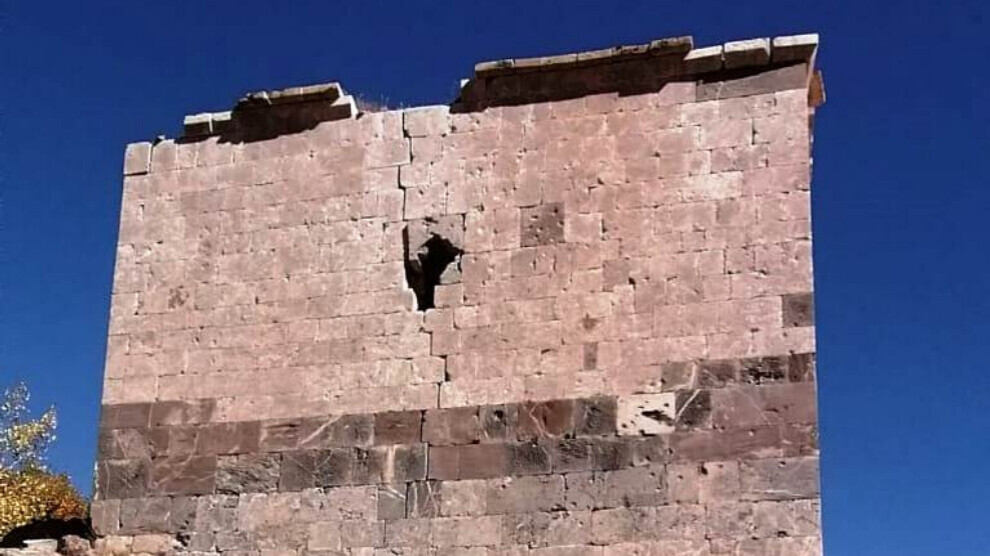Koçanis Church in Hakkari defies centuries
Although hundreds of years have passed since the building of the Koçanis Church, which served as a religious centre for Assyrians, it still endures time.
Although hundreds of years have passed since the building of the Koçanis Church, which served as a religious centre for Assyrians, it still endures time.

For centuries, Hakkari has been the centre of various civilizations and religious beliefs. Although most of them have vanished, several structures remain. The Koçanis Church, the Assyrians' religious centre, is one of these structures.
The Koçanis Church, located in Hakkari's Berçelan Plateau, served as the religious administrative centre for the Assyrians who lived in the region in the past.
The Koçanis Church was home to clergy with the title Mar Şemun, which corresponded to the patriarch.
The church has architectural and religious qualities that set it apart from the rest. The presence of cleanly-cut stonework and embellishments on the exteriors plainly demonstrates this.
The location of Koçanis Church is another distinguishing feature. The church on the Berçelan Plateau is located in a sheltering area surrounded by deep valleys and sharp mountains. The natural beauty of its surroundings, in particular, makes the edifice even more privileged.
The church, which was finished in 1689, is very important to the Syriacs because it is located in the same place where Patriarch Mar Shalita lived.
Until 1924, the church served as a religious centre for Syriacs. The patriarch (Mar Shem'un) was not only the spiritual head but also the worldly leader of his people.